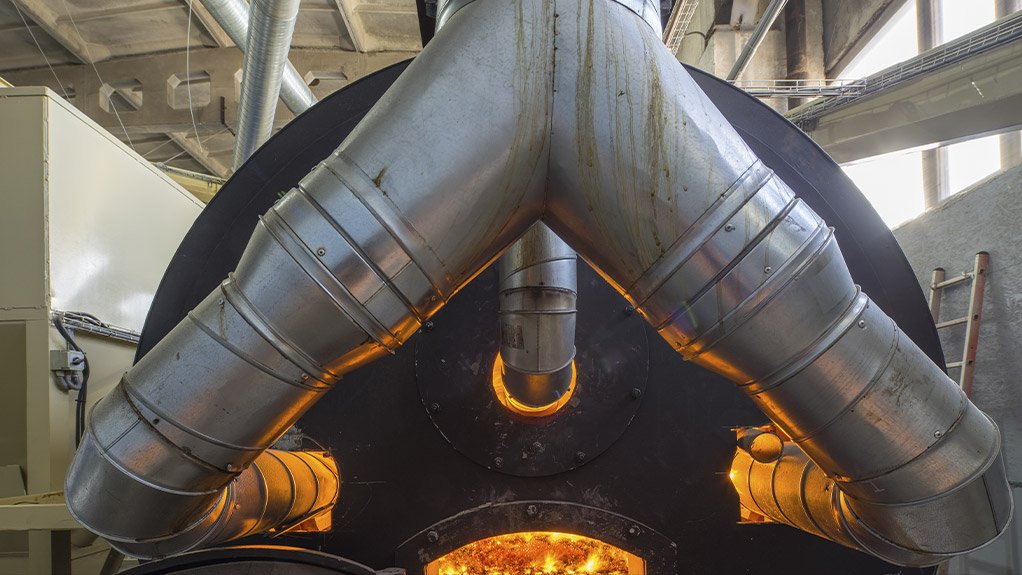Rand volatility has a big impact on projects that require imported biogas equipment ,however the localisation of some equipment can help the biogas industry gain some stability, says organic waste solutions company Logical Waste director Jason Gifford.
It was a good time to import equipment over the past six months owing to the falling rand. However, when developing a project, it will not be developed in six months – it can take several years, during which time the rand exchange rate will change.
“When equipment prices are modelled for projects, there are no guarantees that the price will be stable and if the exchange rate is significantly higher, it can have a big impact on the project and its viability,” he adds.
Through locally designed and manufactured equipment, projects and potential consumers can have a better idea of what their required equipment will cost, along with having local, easily accessible support for the equipment.
However, there will always be a need for imported equipment in the biogas industry, says Gifford.
There is space and a need for both imported and locally manufactured biogas equipment. A blend of locally manufactured equipment, where possible, and importing equipment where it is needed, can add stability to the biogas industry and create opportunities for growth, he points out.
However, some of the major financial institutions still insist that projects have foreign technology providers and or developers as part of the makeup of the project, which Gifford says is unnecessary as there is a wealth of local expertise.
While there are opportunities for foreign direct investment and technology providers, it should not be a requirement from the financial sector, especially since there are a number of local companies in the biogas industry that provide equipment and run plants.
Logical Waste has, to date, supplied equipment to municipal and private sector clients throughout South Africa. Some of the equipment supplied includes gas analysers and flow meters, as well as Logical Waste’s locally designed and fabricated flares, shredders and organic waste treatment plants.
The in-house-designed, -manufactured and recently launched shredders, which shred soft organic waste, can be found at abattoirs, business parks, corporate head offices and so on.
The company has also exported systems to Swaziland and Lesotho.
“The right equipment, and the right equipment specifications for projects, are key aspects for their success. It’s a matter of partnering with the right technology providers that are available to assist and provide support for the long term,” says Gifford.
Performing due diligence and partnering with the right technology provider is especially important. For example, in the agriculture sector, when farmers are buying solutions for organic waste management and conversion into electricity and nutrient for on-farm use. Farmers need solutions that are simple, easy to build, as well as maintain and operate, he adds.
While biogas and biofuel converting-equipment have multiple benefits, it is critical to ensure that potential equipment suppliers have the local capacity to support the project, as day-to-day support is crucial to the success of the project.
Farmers, as well as other interested parties, need to perform due diligence to ensure that they get quality and support in terms of biological process and optimisation, servicing of plant and equipment, and spares supply for local and imported equipment that they need to run a successful organic waste to energy biogas plant, Gifford concludes.
Edited by: Zandile Mavuso
Creamer Media Senior Deputy Editor: Features
EMAIL THIS ARTICLE SAVE THIS ARTICLE
ARTICLE ENQUIRY
To subscribe email subscriptions@creamermedia.co.za or click here
To advertise email advertising@creamermedia.co.za or click here













